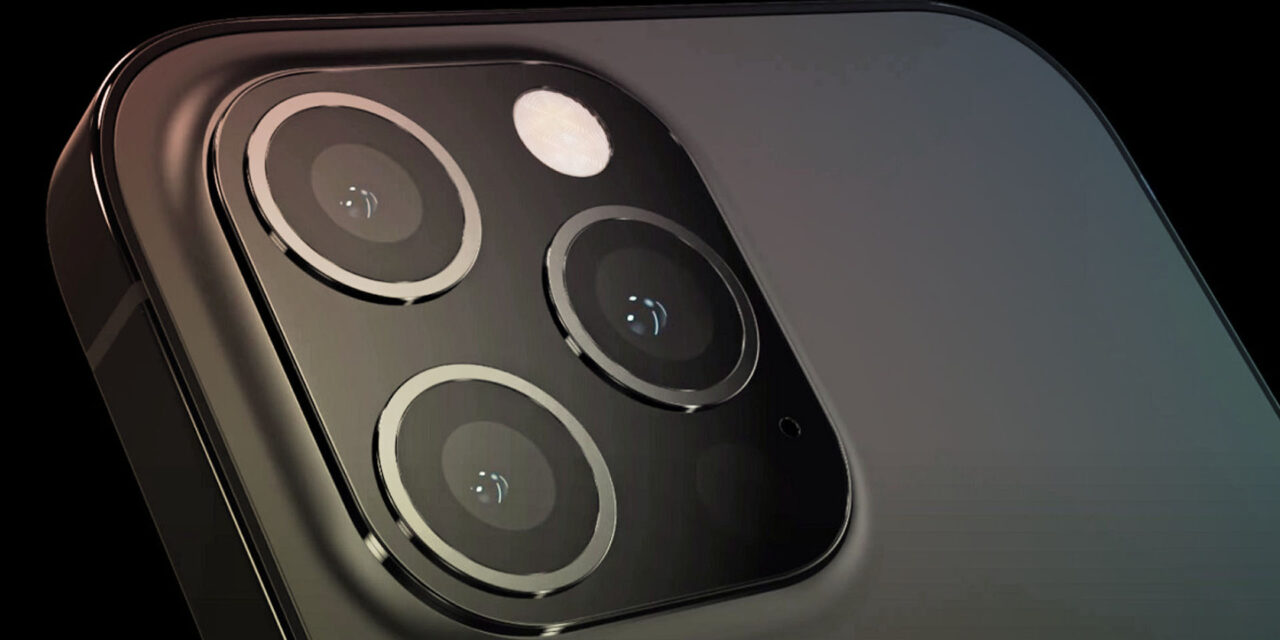
The ongoing trade war between the US and China and that Huawei ban have started to affect Apple, causing iPhone demand in China to fall and prompting the company to cut production of older iPhone models for the third quarter of 2019.
According to a new report from analysts with Rosenblatt Securities inventory of the latest iPhone XS and iPhone XS Max handsets has increased during the second quarter, according to Rosenblatt analysts.
AppleInsider explains:
It is plausible the higher inventory could be from reduced shipments, though it could also be from Apple not cutting production for the models as time draws closer to the launch of new handsets in September.
At the asme time, Apple isa said to have reduced “older iPhone model production” for the third quarter of this year without specifying which handsets are affected.
As for the colorful iPhone XR, Rosenblatt analysts estimated that sales for the model are declining due to “normal second-quarter seasonality” even though Canalys in May estimated that the XR was the most popular smartphone in North America during the March quarter.
The supply chain report also covered other companies, with Huawei tipped to release the ‘Hong Meng’ operating system in the fourth quarter as a replacement for Android. Huawei has allegedly shipped one million smartphones with the software onboard for testing, with the software also said to be compatible with all Android applications and has ‘increased security functions to protect personal data.’
After news broke that Google pulled Huawei’s Android license, company executives were quick to point that they have contingency plans in place, saying Huawei has been working on its own software platform in parallel with building Android handsets. That OS is already powering some Huawei models restricted to the Chinese market.
The Huawei affair may benefit Samsung, as Rosenblatt believes the South Korean giant has increased its component orders for around ten million units this week due to an expectation it will gain market share in Europe, Japan and Taiwan. Samsung’s smartphone sales are estimated to reach between 15 million and 20 million units in the second half of 2019.
Considering Huawei clobbered Samsung in China by offering high-end smartphones with even better specifications than Samsung’s latest Galaxies, at a lower price, it’s not surprising that Samsung will seize this opportunity to bounce back and regain some of the lost share.
As for Apple’s prospects in China, Rosenblatt and other analysts expect market share losses throughout 2019 in the 1.33 billion people market amid “increasing tension between the US and China.” In terms of the upcoming iPhone models for 2019, the note assures investors that production of the iPhone XR, iPhone XS and iPhone XS Max successors is on track.






Recent Comments